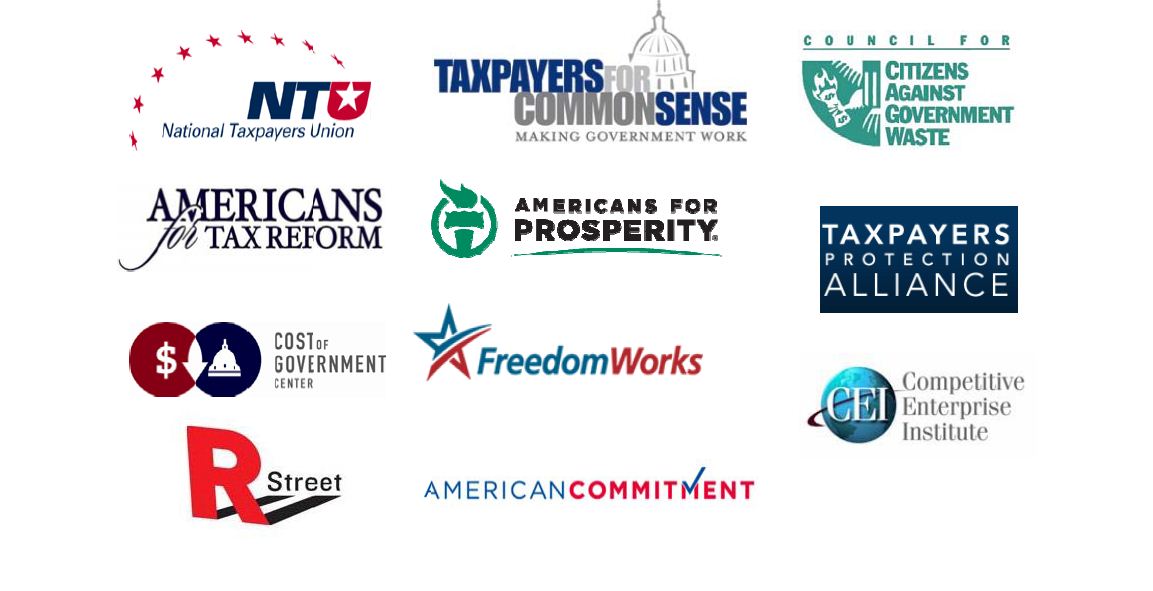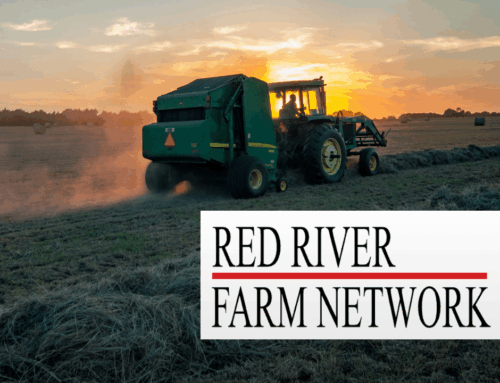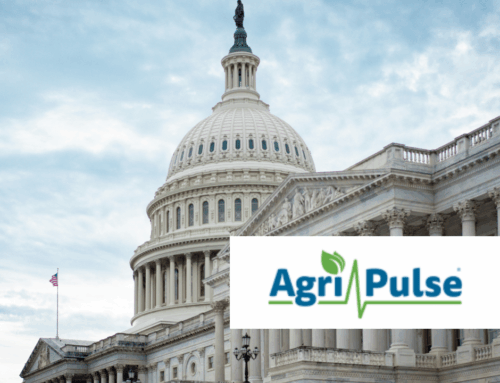|
WASHINGTON CANNOT MAKE IT RAIN September 12, 2012 Dear Speaker Boehner, We write urging you to continue resisting politically motivated calls to pass legislation that will not address the drought. The House and the Senate’s trillion dollar farm bills will not make it rain, but their adoption will shower cash on a multitude of special interests. Claims that these bills must be passed to deal with the current drought are patently false. In fact, agriculture is expected to reap record profits this year, totaling more than $122 billion. The overwhelming majority of the cost of the House Agriculture Committee passed $957 billion Federal Agriculture Reform and Risk Management Act (FARRM) deals with federal nutrition and agricultural policies in future years, not the present drought. Only 0.2% of the bill’s price tag would be used to retroactively fund and extend four livestock and nursery crop disaster programs that expired eleven months ago. About 80% of the bill’s cost will be spent on future nutrition programs and another 10% on crop insurance subsidies in future years that do not affect this year’s crop. Even if Congress intends to bail out select agricultural producers who relied on Washington instead of other private and federally subsidized risk management tools, there is no need to pass a nearly trillion dollar bill to do so. If any immediate federal disaster aid for agricultural producers is needed, Congress must offset it in the same year. The most logical place to find immediate savings is by following the lead of both the House and Senate agriculture committees and immediately eliminating direct payments. Under this misguided program taxpayers pay $5 billion a year to owners of farmland regardless of income or whether or not they even plant a crop. Ending this wasteful program is something on which everyone agrees. Doing so immediately would adequately fund livestock and nursery crop disaster programs for the current year, while getting a jumpstart on saving taxpayers billions of dollars to help avert the looming fiscal cliff. The reality is that the current drought was addressed months ago when most agricultural producers wisely purchased highly subsidized federal crop insurance. The Congressional Research Service has explained in detail how some of the largest federal farm bill programs—federally subsidized crop insurance, non-insured crop disaster assistance payments, and most domestic nutrition programs—will continue regardless of whether a new farm bill is adopted. And the Government Accountability Office has detailed that even temporary programs may still be able to receive funds through the annual appropriations process. Perhaps in recognition of this, not one of the past three farm bills was completed “on-time,” and final passage of each occurred at least eight months after expiration of the previous bill. With a $16 trillion debt and the specter of across the board cuts through sequestration looming, FARRM is the product of business-as-usual Washington and fails to provide taxpayers with the type of bold reform we deserve. In fact, the legislation creates new entitlement programs that protect not against deep losses caused by drought, but “shallow” dips in anticipated business revenue, subsidies for the mature biofuels industry, and special crop insurance carve-outs like catfish margin, popcorn revenue, and poultry business interruption policies. We urge you to continue resisting special interest calls to misuse the current drought and end of fiscal year or lame duck negotiations to lock taxpayers into a trillion dollars worth of agriculture policy that the vast majority of House members have not debated. For more information please contact Joshua Sewell, Taxpayers for Common Sense at 202-546-8500 x116 or josh [at] taxpayer.net. Sincerely,
American Commitment |











